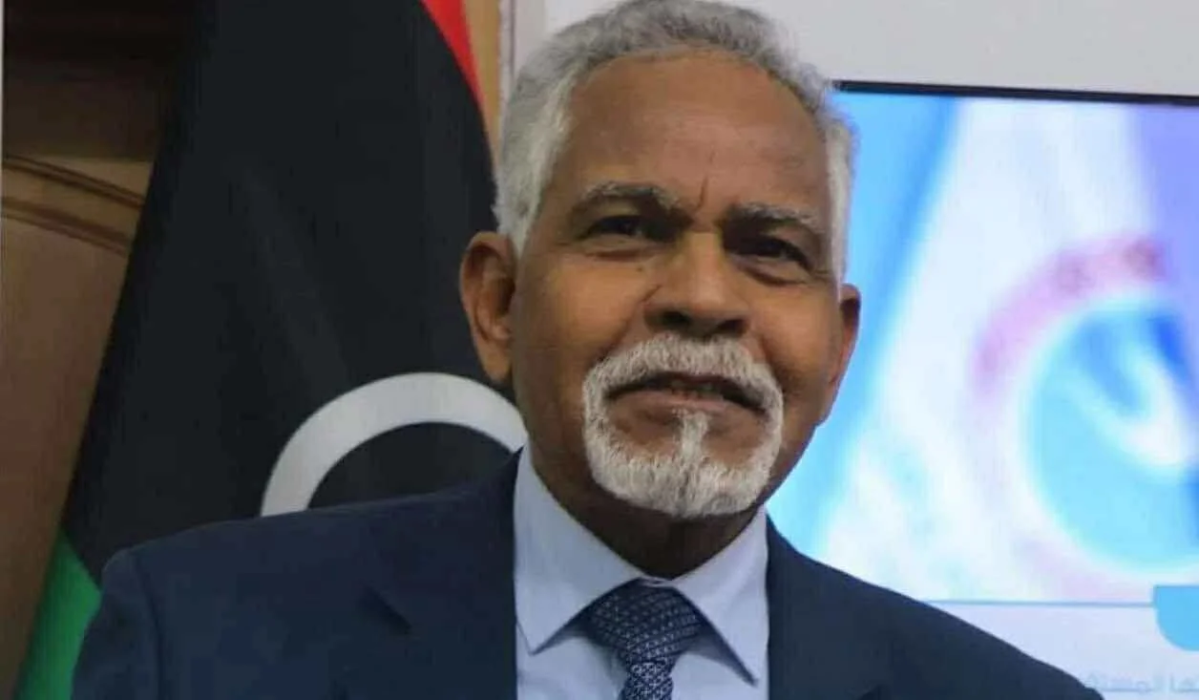
| Economic articles
Abu-Snina Writes: “Stability of the Legislative Environment is An Economic Demand”
Economist Mohamed Abu-Snina wrote in an article:
It is noticeable, through what is being circulated and discussed in legislative and executive circles, as well as within certain sovereign oversight institutions, both currently and throughout the past decade, that there is a strong inclination to amend some fundamental laws, and sometimes even to issue new ones. Among the laws that have been amended are: Law No. (1) of 2005 on Banks, amended by Law No. (46) of 2013; Law No. (3) of 2007 on the establishment and regulation of the Audit Bureau, amended by Law No. (19) of 2013; the law regulating the Administrative Control Authority No. (20) of 2013, further amended by Law No. (2) of 2023. These amendments to the laws governing oversight bodies have led to overlapping and conflicting jurisdictions, which have negatively affected their efforts to properly supervise public funds.
Today, the House of Representatives issues a law regulating public debt, intended to enable the passage of a state budget issued during the last quarter of the fiscal year. This comes despite the existence of Law No. (15) of 1986 on Public Debt, which had previously succeeded in curbing government borrowing and stabilizing the country’s financial situation. The new law, however, gives the government broad authority to borrow and spend beyond available resources, threatening the state’s fiscal sustainability. This could have been avoided by leaving Law No. (15) of 1986 in place as a general law, while simply including in the budget law a provision permitting borrowing to cover deficits within a defined ceiling and for non-consumptive purposes—since a budget law is by nature specific.
This new amendment comes amid political division, with two governments in place, and during a time marked by inefficient public spending. It also coincides with outstanding public debt recorded at the Central Bank by successive governments, which has not yet been reviewed or audited, in addition to risks threatening the stability of the Libyan dinar’s exchange rate.
In past years, some laws were amended through decrees or decisions issued by different authorities, including the House of Representatives and the Council of Ministers. Among these were amendments to the Judiciary System Law, the Local Administration Law, the Penal Code, the Nationality Law, the Publications Law, and the Commercial Activity Law. Certain provisions of the executive regulation for the Foreigners’ Entry and Residence Law were also amended.
Advocates for frequent legal amendments or new laws overlook the fact that Libya is in a transitional phase, suffering from institutional division and overall instability. Disturbing the existing legal framework may further complicate matters or deepen the division. Moreover, repeated amendments discourage foreign investment, limit opportunities for favorable contracts, and lead to a lower international rating for the country, as investors and rating agencies perceive uncertainty and risks. The problem, therefore, may not lie in the legislation itself, but rather in the environment in which these laws operate and in the political situation preventing them from achieving their intended goals.
When stability is eventually restored and the country governed by a unified authority, legislators may realize that the newly introduced laws or amendments made during the transitional phase do not fit the needs of the new era, leading to yet another wave of legal revisions aimed at correcting the consequences of those transitional laws. Future authorities could then struggle to manage the legal and contractual rights acquired under such laws.
Apart from the essential legislation required in the current stage—such as laws criminalizing money laundering, terrorism financing, smuggling, human trafficking, and combating corruption—the country does not need new legislation as much as it needs adherence to the laws already in force.
Thus, it is always advised, during times of conflict, to manage affairs according to crisis management principles, foremost among them avoiding interference with the state’s legal framework—especially in the absence of a permanent constitution that clearly regulates governance and the balance of power. Ensuring a stable legislative environment is a fundamental requirement for both political and economic stability.





